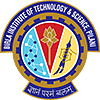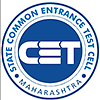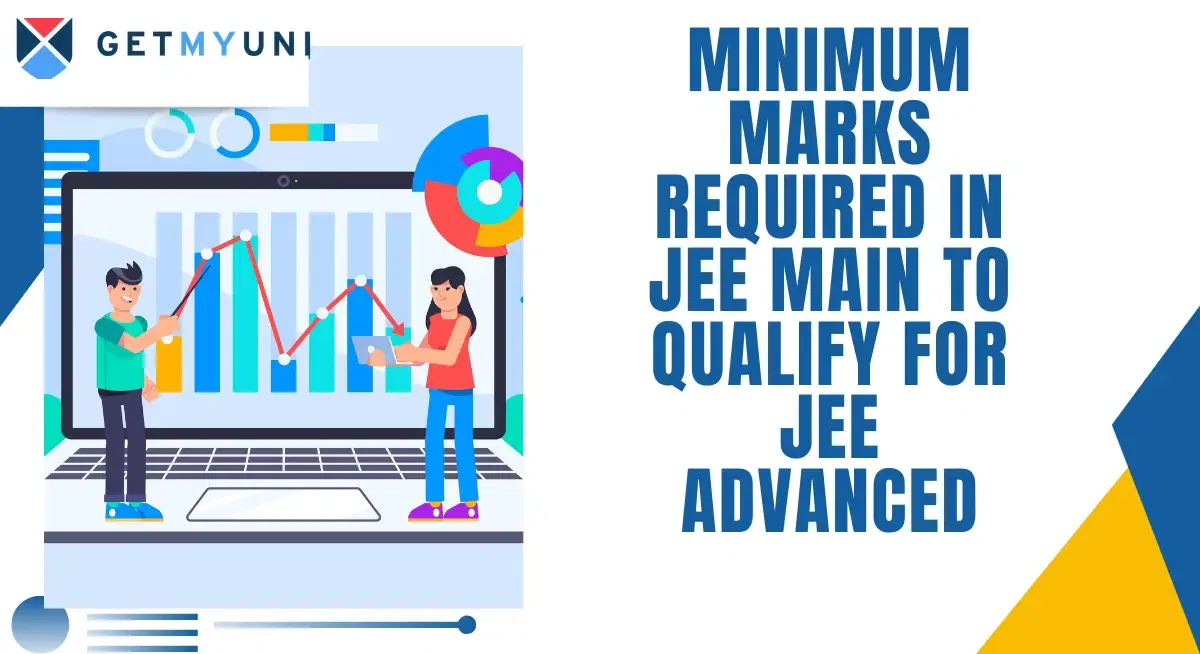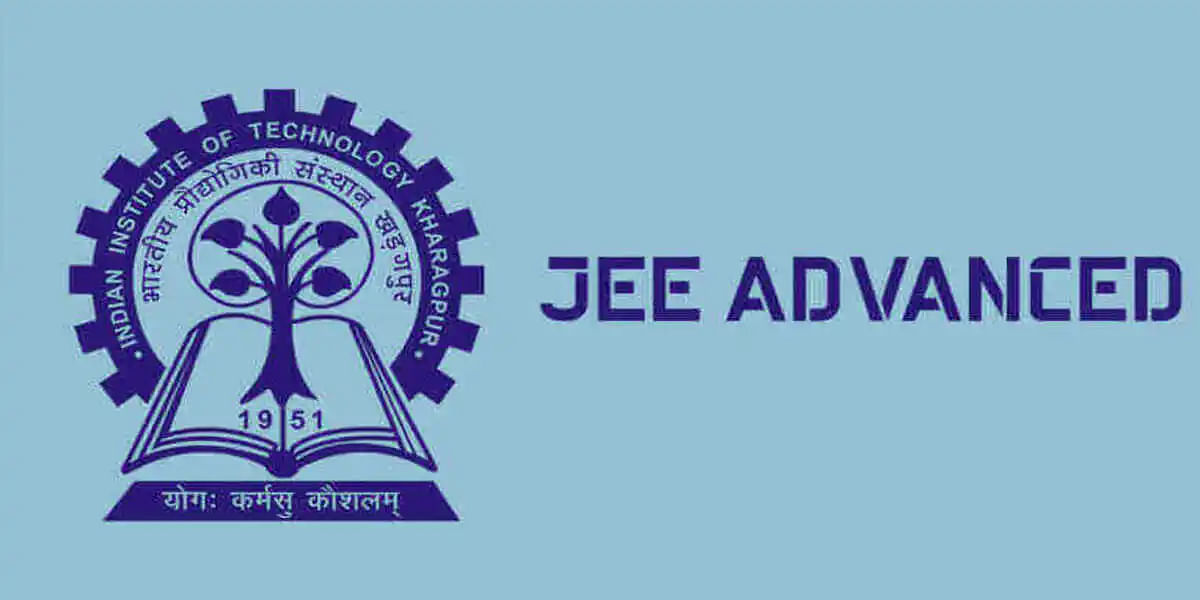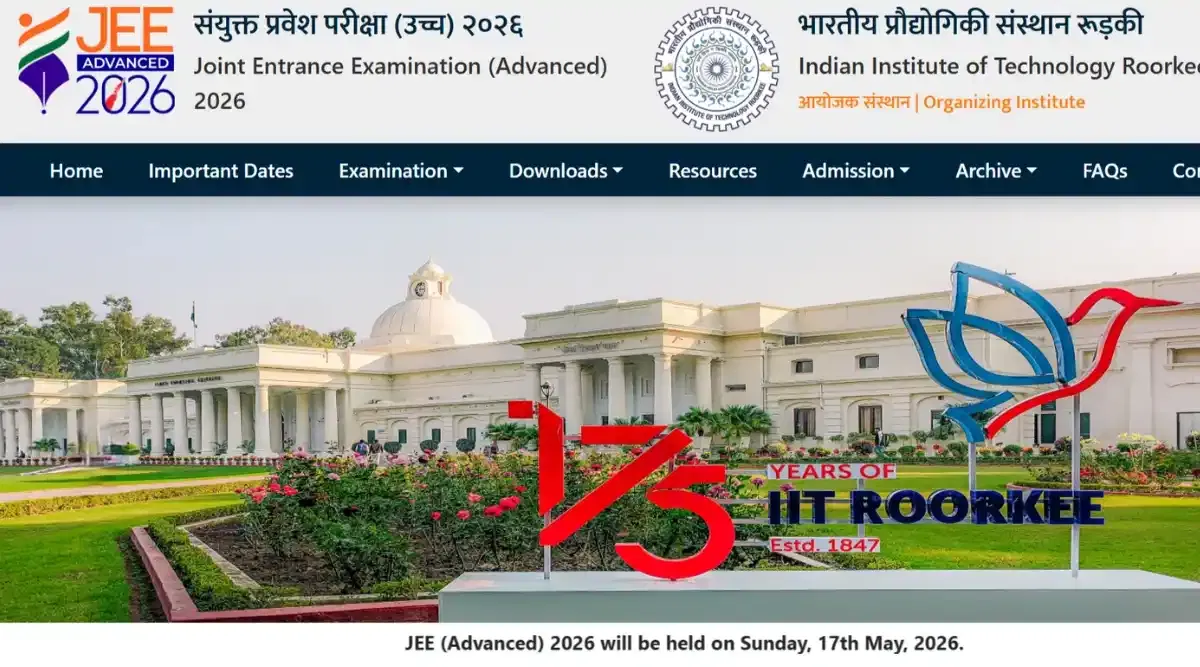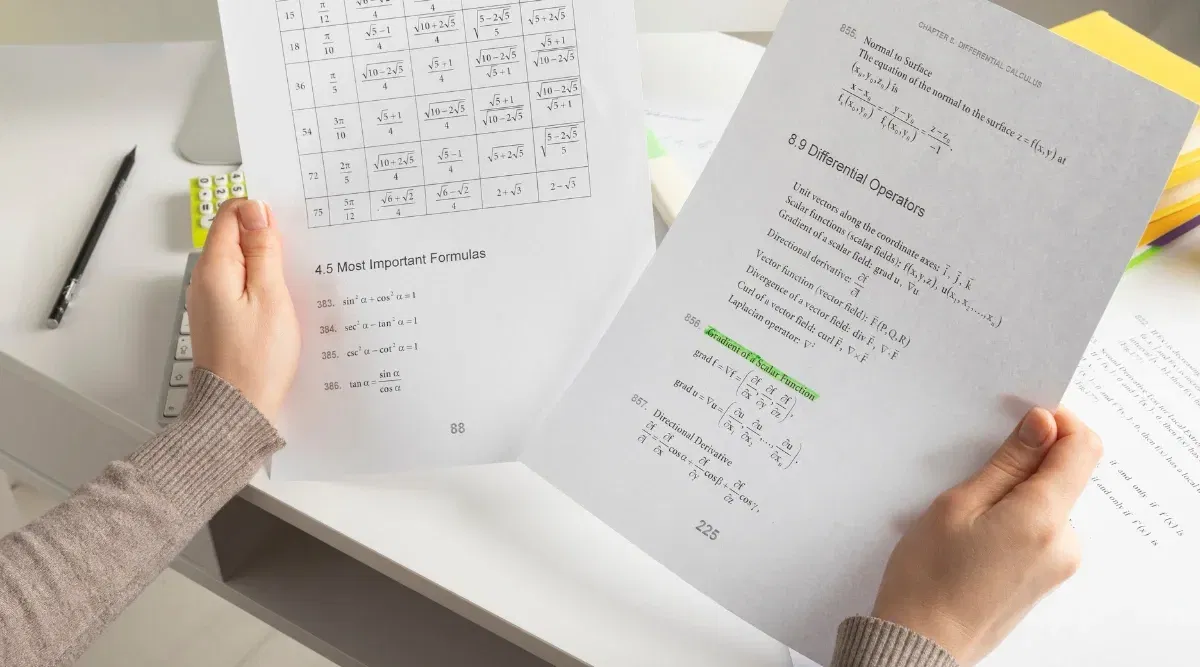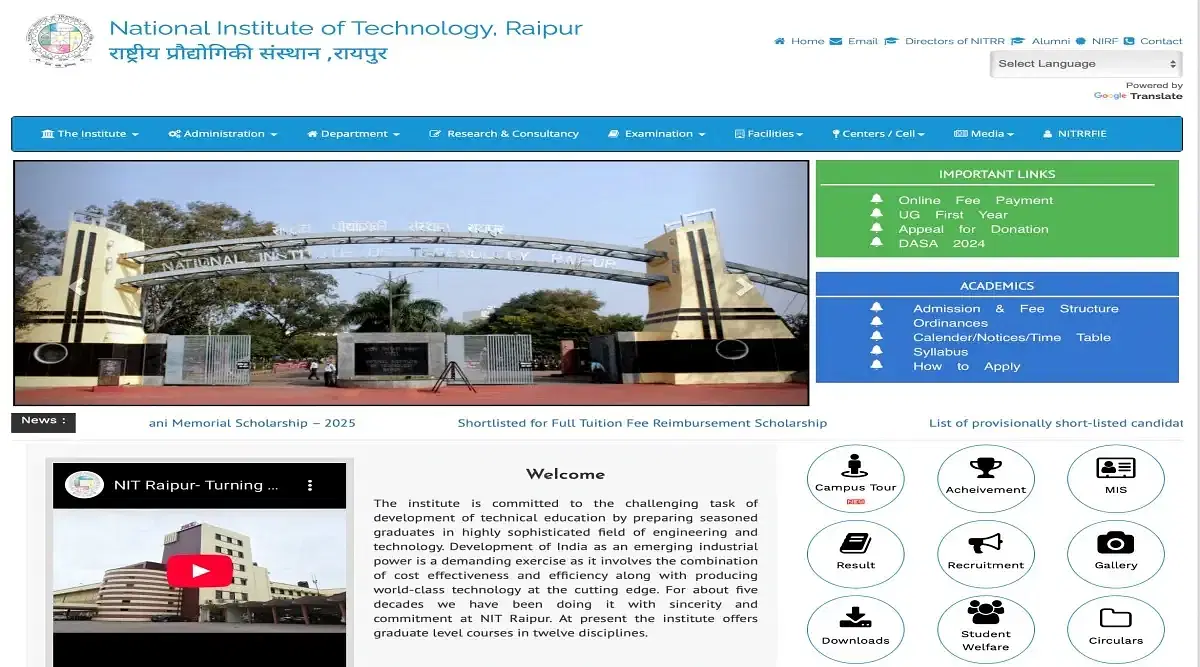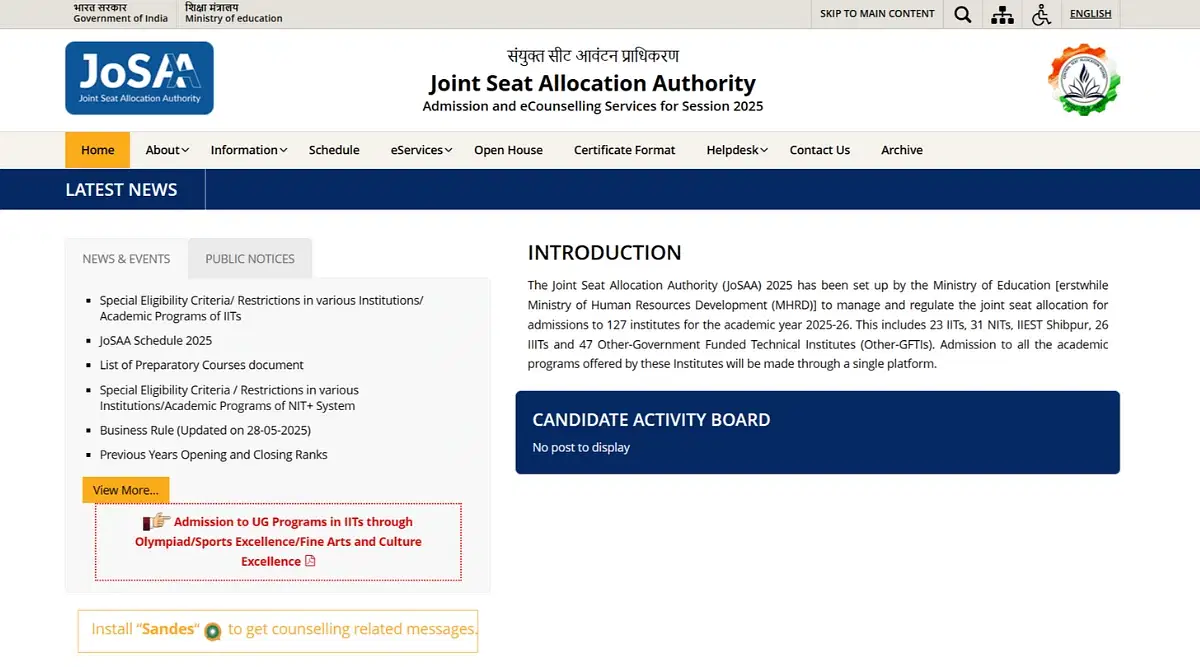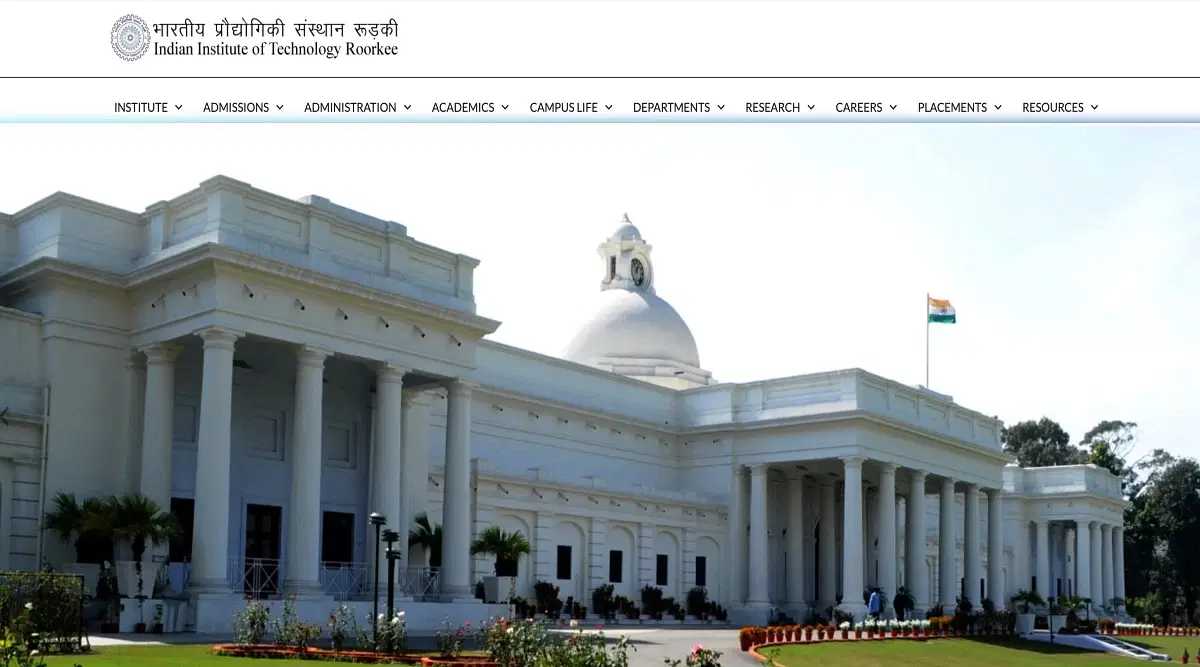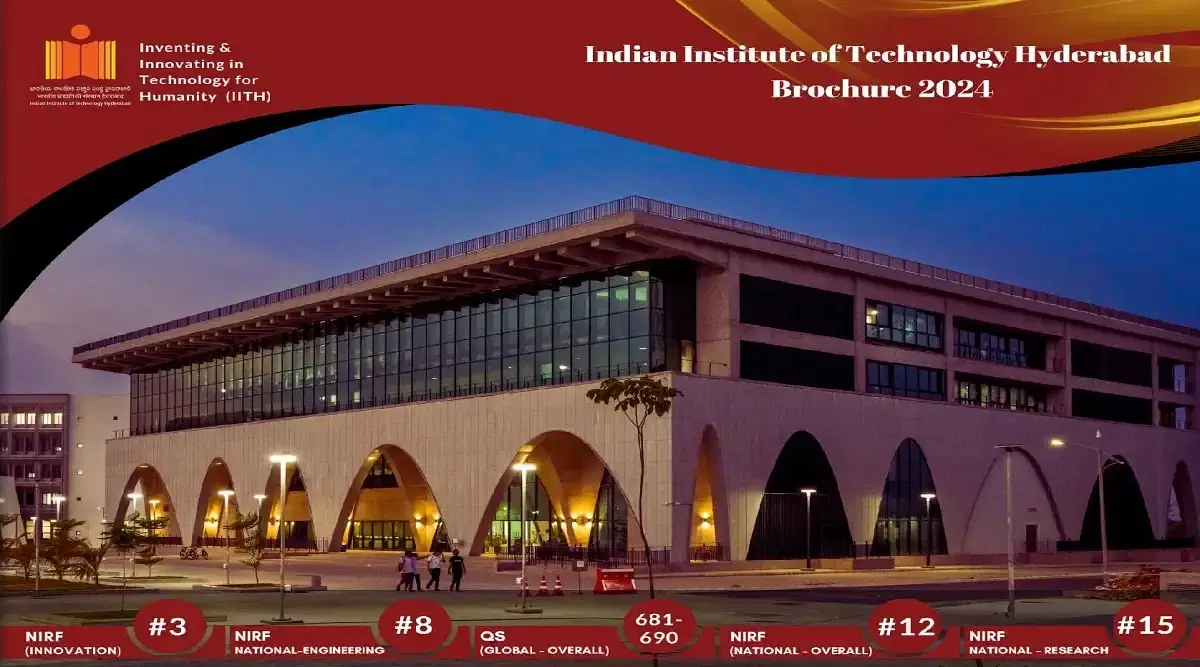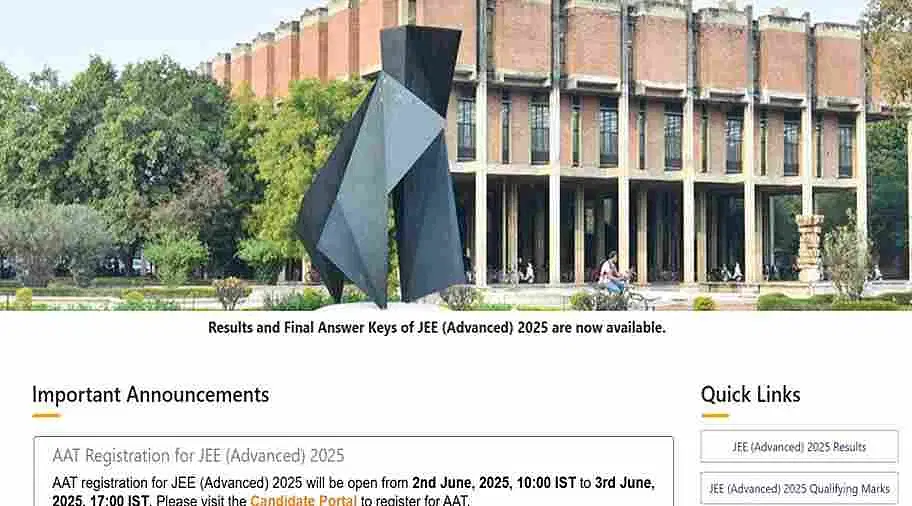
Table of Contents
JEE Advanced 2026 sample papers help students prepare effectively, sample papers play a pivotal role. These practice tools simulate the actual exam environment, offering a balanced distribution of questions across topics and formats. By solving these sample papers, candidates can familiarize themselves with the exam structure, improve time management, and identify areas needing improvement.
JEE Advanced is one of India’s most challenging entrance exams, serving as the gateway to undergraduate programs at the prestigious Indian Institutes of Technology (IITs). Conducted by IIT Roorki in 2026, this exam demands a strategic and well-rounded preparation strategy.
JEE ADVANCED Sample Question Papers 2026
JEE Advanced 2026 is renowned for its high difficulty level, making it one of the most competitive engineering entrance exams in India. It tests not only a student’s knowledge but also their ability to apply concepts from Physics, Chemistry, and Mathematics in innovative ways. The questions often require integration of multiple topics, which demands a deep understanding of the subject matter. Additionally, the exam pattern changes annually, adding an element of unpredictability. With time constraints and negative marking, managing speed and accuracy becomes a significant challenge, further intensifying the difficulty.
Attempting JEE Advanced sample papers 2026 is an essential part of preparation. These papers provide a clear understanding of the exam format and familiarize students with the types of questions they might encounter. Regular practice helps in identifying strengths and pinpointing areas that need improvement. By solving sample papers under timed conditions, students enhance their ability to manage time effectively during the actual exam. This consistent practice of JEE Advanced previous year question paper and sample papers improves problem-solving accuracy and builds a strategic approach to tackling complex questions.
Importance of Solving JEE Advanced 2026 Sample Papers
Sample papers simulate the real exam environment, helping students adapt to the pressure and dynamics of the test day. As students become more comfortable with the difficulty level, they gain confidence, reducing pre-exam anxiety. They also develop techniques for handling challenging questions, such as prioritizing simpler problems and allocating time efficiently.
Ultimately, solving sample papers equips aspirants with the skills and mindset necessary to perform well in JEE Advanced, increasing their chances of securing admission to prestigious IITs. Additionally, students can also conduct JEE Advanced mock assessment to understand the areas of challenge.
Working through JEE Advanced sample papers provides multiple benefits, including:
- Understanding Exam Difficulty: Solving sample papers helps candidates gauge the complexity of the exam.
- Familiarity with Question Types: Students get accustomed to various formats, such as multiple-choice, integer-based, and match-the-following questions.
- Focus on Key Topics: Sample papers highlight important chapters and topics that need prioritization.
- Enhancing Problem-Solving Skills: Regular practice improves conceptual clarity and numerical accuracy.
- Building Time Management: Practicing under timed conditions sharpens time management skills for the actual exam.
- Self-Evaluation: Sample papers help identify strengths and areas requiring further study.
- Targeted Preparation: Performance analysis allows students to focus on weak topics, enhancing their readiness.
JEE Advanced Practice Paper PDF 2026 with Solutions
For a targeted study approach, candidates can download ' JEE Advanced sample papers. Below are the downloadable PDF links for each year:
|
Paper |
Download PDF 2025 |
Download PDF 2026 |
|
JEE Advanced Sample Paper SET 1 |
To be Updated |
|
|
JEE Advanced Sample Paper SET 2 |
To be Updated |
|
|
JEE Advanced Sample Paper SET 3 |
To be Updated |
|
|
JEE Advanced Sample Paper SET 4 |
To be Updated |
|
|
JEE Advanced Sample Paper SET 5 |
To be Updated |
JEE Advanced Sample Paper Format
Known for its unique and varied question patterns, JEE Advanced features two papers with sections in Physics, Chemistry, and Mathematics. Each paper comprises a mix of question types, including multiple-choice, single-choice, integer-based, comprehension, match-the-following, and occasionally, assertion-reason questions. Success in this exam requires strong conceptual clarity, numerical aptitude, and consistent practice.
Tabulated below is the JEE Advanced 2026 sample paper format:
|
Aspect |
Paper 1 |
Paper 2 |
|
Mode of Exam |
Computer-Based Test (CBT) |
Computer-Based Test (CBT) |
|
Duration |
3 Hours (4 Hours for PWD Candidates) |
3 Hours (4 Hours for PWD Candidates) |
|
Sections |
Physics, Chemistry, Mathematics |
Physics, Chemistry, Mathematics |
|
Total Marks |
180 Marks |
180 Marks |
|
No. of Questions |
54 Questions |
54 Questions |
|
Marking Scheme |
Varies by question; includes full, partial, and Zero marking |
Varies by question; includes full, partial, and Zero marking |
The total number of questions per paper will be 54. Each paper is divided into three sections—Physics, Chemistry, and Mathematics—with an equal distribution of questions across the subjects. The overall score is calculated by adding the marks obtained in Paper 1 and Paper 2.
Read More: JEE Advanced Exam Pattern 2026
Types of Questions in JEE ADVANCED Sample Papers
The questions in JEE Advanced sample papers are designed to test various skills, including conceptual understanding, application, and analytical reasoning. The typical question types include:
- Conceptual Questions
These questions test candidates' fundamental understanding of key concepts in Physics, Chemistry, and Mathematics. They focus on basic principles and their correct application.
- Application-Based Questions
These questions challenge candidates to apply theoretical knowledge to practical situations. They often require candidates to analyze scenarios and solve complex problems based on their understanding of the subject.
- Numerical Value Questions
Common in Physics and Mathematics, these questions require candidates to compute precise numerical values without any given options. Correct numerical inputs are necessary for full marks.
- Comprehension-Based Questions
These questions are typically seen in Chemistry and Physics. A passage or problem is provided, and candidates must interpret the information, draw inferences, and answer based on their comprehension.
- Match-the-Following Questions
Candidates are asked to match items from two columns. These questions test the ability to correlate concepts across different topics and apply logical reasoning. - Assertion-Reason Questions (Rare)
In these questions, candidates are presented with an assertion and a corresponding reason. They must determine whether the reason justifies the assertion. Incorrect answers are penalized.
Mastering each type of question through practice is essential for effective preparation and achieving success in the JEE Advanced exam.











